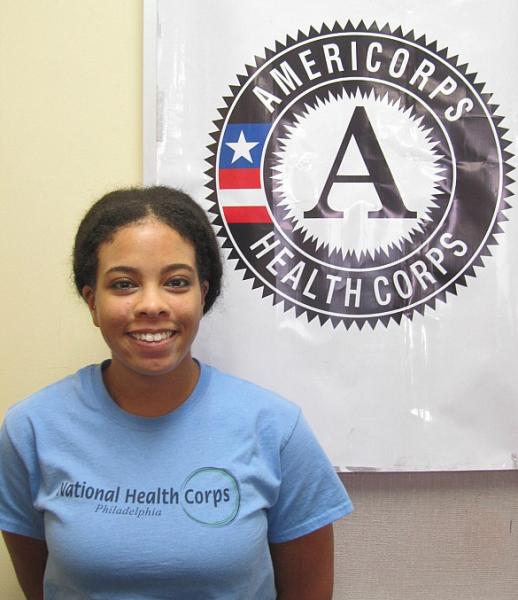The Other Waiting Room: Connecting Patients to Timely Follow-up Care
“Please wait for the next available associate; there are 5 callers ahead of you.”
Every day, myself and patients alike hear messages like this and experience long wait times in scheduling and securing medical appointments. Once connected with a scheduler, appointments can be weeks or months away and other roadblocks can stand in the way of actually seeing a provider. While many of us connect waiting rooms to doctors’ offices and emergency departments, through my service with the Philadelphia Health Corps (PHC), I have come to realize that there exists another waiting room; one that manifests as a period of time between much needed appointments that not only result in delayed medical care, but also, in many cases, increased anxiety and possible worsening of specific health conditions. One particular population that is affected by this phenomenon is the refugee community.
As a Refugee Health Associate with Nationalities Service Center (NSC) , I serve newly arrived refugees and asylees in Philadelphia. The issue of waiting for news of vital medical appointments and procedures has proven to be particularly prevalent during my service term thus far. While language access and the availability of interpretation services both play a role in the timeliness of scheduling and securing appointments, other system-wide obstacles also greatly contribute to appointment delays. For example, one of the clinics we send a large number of clients to recently stopped accepting Medicaid, the public insurance program that covers all of our clients. As a result, clients face significant delays in receiving follow up care, including necessary vaccines and immunizations, since they can no longer be seen by the same doctor or clinic as their initial visit.
We have also experienced challenges in securing specialist and dental appointments for clients due to the lack of availability of interpretation services and insurance coverage. There is limited relief for clients with tooth decay and chronic headaches as their insurance providers fail to cover requested testing and treatment. Because of the often incomplete or lacking overseas medical records, insurance companies deny coverage for certain testing. As a result,many of my clients have had medical procedures denied and have been waiting months for a particular procedure or appointment with specialty care. During this time of limbo between appointments, emotions and frustrations run high as relief of the ailment is often far away or out of sight. On a daily basis, this has had a marked impact on me as well. These various challenges and barriers to care significantly hinder my ability to coordinate follow-up appointments, leaving me in a place to wish I could do more.

While the time between doctor’s appointments and follow-up care have had a significant impact on the quality of care for the clients I serve, we have made strides. By coordinating with other clinics that accept Medicaid, we have been able to make additional appointment slots available for our clients. Additionally, we advocate on behalf of clients to secure earlier appointments for urgent medical needs as well as work to strengthen community and partner ties to ensure timely follow-up care.
With clients taking proactive approaches to their medical care and added support from community partners, we have been able to find solutions to these systemic challenges. By ensuring that the waiting time is as short as possible, patients’ medical concerns can be addressed and resolved in a timely manner.

This post was written by PHC member Olivia Haywood.
Olivia serves with Nationalities Service Center as a Refugee Health Associate.
